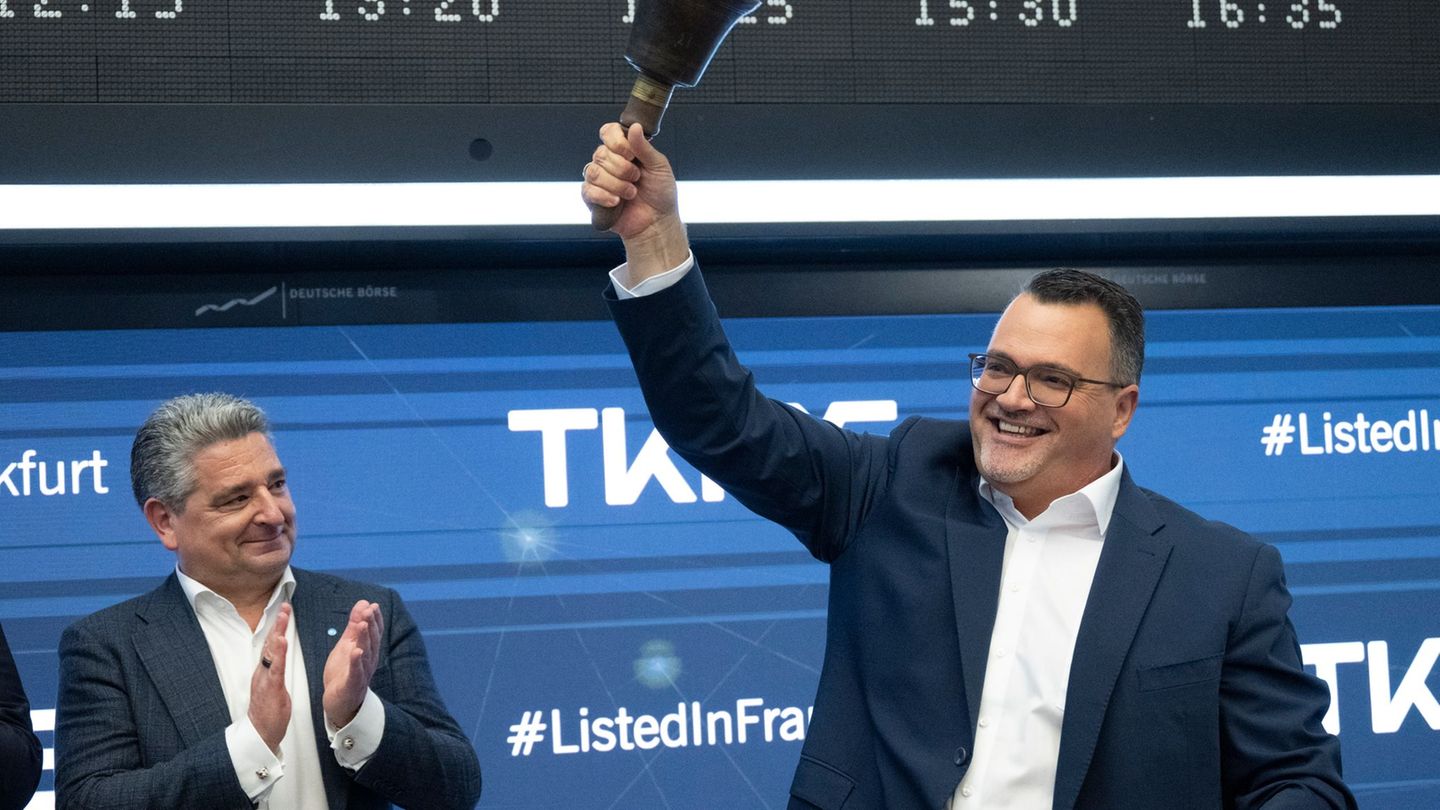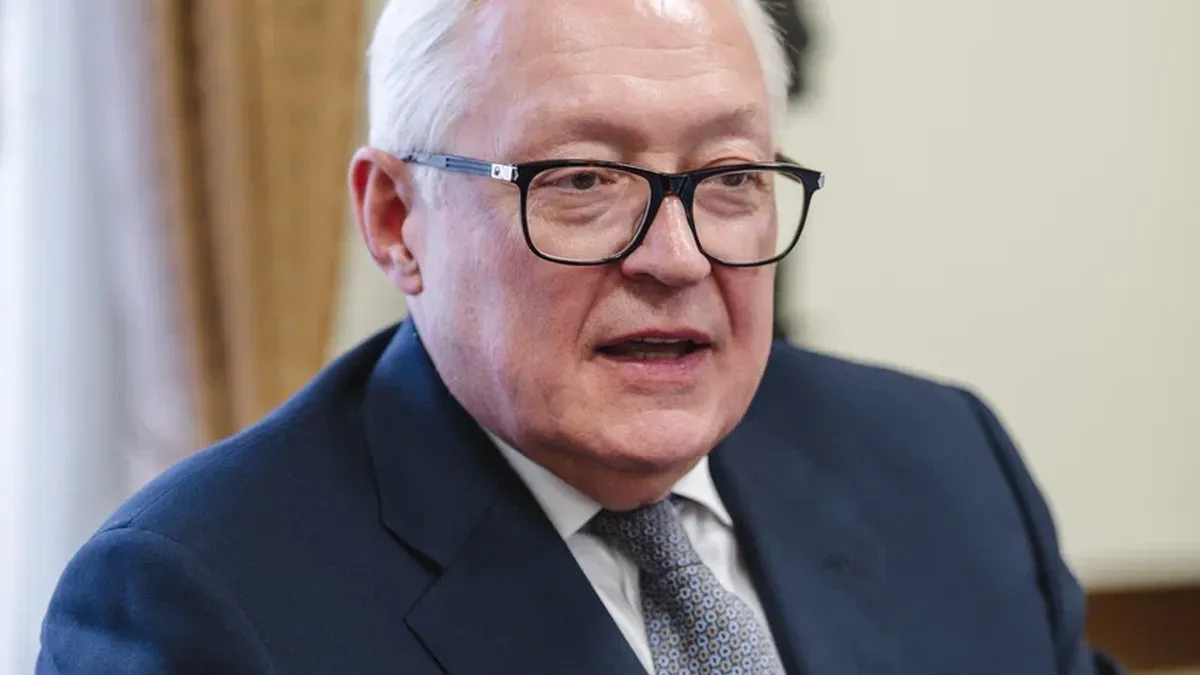The high prices are proving to be more persistent than initially expected. Nevertheless, economists believe that inflation will normalize again in 2023.
According to economists at leading economic institutions, the danger of persistently higher inflation in Germany has increased significantly.
“The upside risks have never been at such a high level as they are now,” said Katharina Utermöhl from the Allianz Group in a dpa survey. Marc Schattenberg from Deutsche Bank Research also believes: “The driving factors have become broader.”
Economics Veronika Grimme adds: “You have to be very careful about whether a wage-price spiral sets in and, if so, take countermeasures with monetary policy.” Manufacturers sometimes only pass on price increases when purchasing with a delay. Producers have recently had to contend with significant price increases for material affected by supply bottlenecks, freight costs and energy prices.
development under observation
However: A structural increase in inflation is not yet evident, said Utermöhl. She expects inflation to reach the target of two percent again on average in the coming year. The European Central Bank will monitor the situation in Germany closely. However, she does not see an interest rate hike by the central bank before the second half of 2023. Before that, Veronika Grimm also believes, the bond purchases would have to be scaled back first. “We are not in a situation like in the USA. There, the economic recovery is ahead of Europe, with even higher inflation rates, »she said with a view to the upcoming interest rate hikes by the US Federal Reserve.
The economy will continue to be burdened by the rapid increase in corona numbers in the Omicron wave. “The soaring number of infections is likely to push economic activity down further in the coming months,” said the chief economist at the state banking group KfW, Fritzi Köhler-Geib. “The pandemic is hanging over the economy like the sword of Damocles,” said Katharina Utermöhl.
Rapid recovery expected in spring
“For the winter half-year, I expect a technical recession with two negative quarterly growth rates,” emphasized Köhler-Geib. Marc Schattenberg also said: “We expect a slight technical recession.” In the spring, however, Schattenberg expects a rapid recovery and for 2022 as a whole a full recovery with growth in economic output of four percent. Katharina Utermöhl from Allianz is somewhat more cautious with an expected growth of three percent.
In this context, KfW chief economist Köhler-Geib pointed out the ongoing shortage of skilled workers in Germany. “The competition for scarce workers has intensified as a result,” she said. “All in all, the signs on the labor market are still pointing towards recovery.” Schattenberg expects a strong increase in the number of unemployed for January, but even a slightly more favorable development after seasonal adjustment. “The labor market should come through the winter robustly. Skilled workers are being sought and hired,” he said.
Source: Stern
Jane Stock is a technology author, who has written for 24 Hours World. She writes about the latest in technology news and trends, and is always on the lookout for new and innovative ways to improve his audience’s experience.




